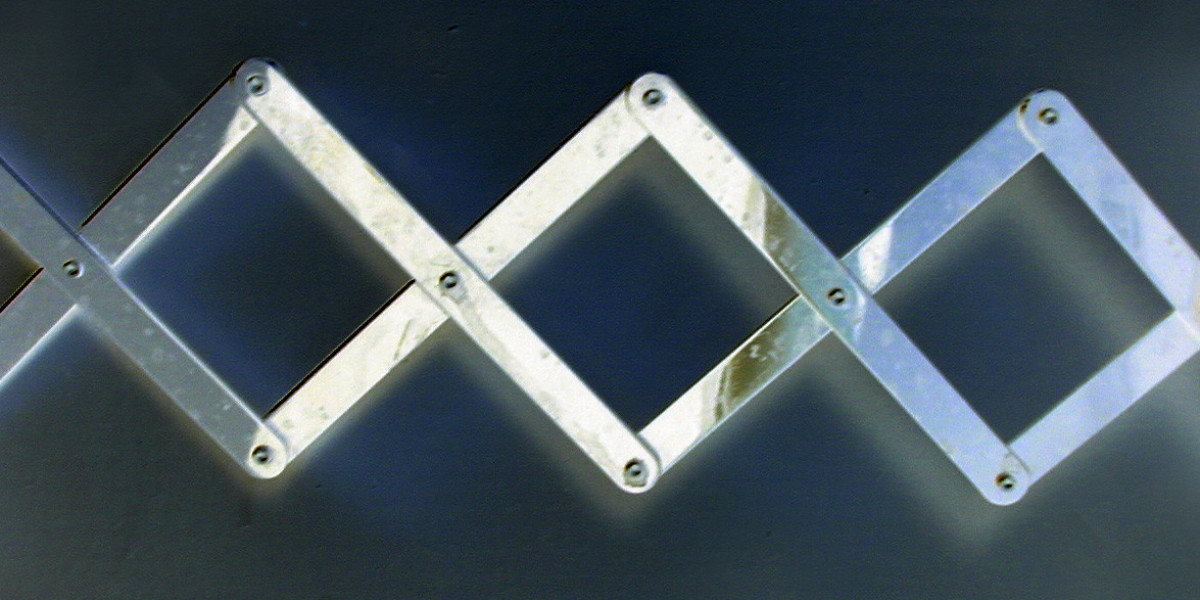The Power of KPV Peptide: A Game-Changer in Functional & Regenerative Medicine
KPV operates by selectively binding to the CXCR2 receptor, a key player in neutrophil migration and activation. By blocking this pathway, it reduces the influx of inflammatory cells into damaged tissues without compromising the body’s essential immune functions. This selective inhibition is crucial because many chronic diseases—such as autoimmune disorders, metabolic syndrome, and www.google.co.zm even certain cancers—are driven by dysregulated inflammation rather than a simple lack of immunity.
Beyond its anti-inflammatory effects, KPV also stimulates fibroblast proliferation and collagen synthesis, encouraging proper wound healing and tissue remodeling. In animal studies, the peptide accelerated recovery from skin injuries, improved cartilage repair in osteoarthritis models, and even enhanced muscle regeneration after injury. These findings suggest that KPV could become a cornerstone of regenerative protocols, helping patients regain function more rapidly and with fewer complications.
Another advantage lies in its safety profile. Unlike corticosteroids or non-steroidal anti-inflammatory drugs, which can carry significant systemic side effects when used chronically, KPV is metabolized quickly by proteases and does not accumulate in tissues. Clinical trials have reported minimal adverse events, even at higher doses, making it a promising option for long-term use.
Ready to try KPV peptide therapy as part of a comprehensive functional medicine plan?
Integrating KPV into a holistic health strategy involves several steps. First, patients should undergo a thorough assessment that includes biomarkers of inflammation (such as C reactive protein and cytokine panels), organ function tests, and an evaluation of lifestyle factors like diet, sleep, and stress levels. Once baseline data are established, the practitioner can determine whether KPV is appropriate and design an individualized dosing regimen—often starting with low doses to gauge tolerance before escalating.
The therapy may be delivered via subcutaneous injections, intravenous infusion, or even topical formulations for localized inflammation, depending on the target condition. Patients typically report improvements within weeks: reduced joint pain, clearer skin, better wound healing, and a noticeable boost in energy levels as chronic inflammation subsides. Because KPV works synergistically with other functional medicine modalities—such as nutritional optimization, gut microbiome modulation, and physical rehabilitation—it often amplifies the benefits of those interventions.
You may be a candidate for KPV if you are struggling with:
Chronic inflammatory conditions such as rheumatoid arthritis, lupus, or psoriasis that have not responded adequately to conventional anti-inflammatories.
Persistent joint pain or osteoarthritis where cartilage degeneration is ongoing and functional mobility is limited.
Skin disorders involving excessive inflammation, including eczema, dermatitis, or delayed wound healing after surgery or injury.
Metabolic syndrome components—obesity, insulin resistance, fatty liver disease—where low-grade systemic inflammation fuels disease progression.
Autoimmune flare-ups that recur despite standard immunosuppressive therapy, leading to frequent hospital visits and reduced quality of life.
Post-operative recovery periods where tissue repair is slower than expected, especially after orthopedic or cosmetic procedures.
Chronic fatigue syndrome or myalgic encephalomyelitis, conditions often linked to immune dysregulation and inflammatory mediators.
In each of these scenarios, KPV offers a targeted approach that reduces inflammation while simultaneously encouraging the body’s natural regenerative processes. By adding this peptide to a functional medicine framework—comprising personalized nutrition, lifestyle coaching, stress reduction, and evidence-based pharmacology—the patient can experience a more balanced immune response, accelerated healing, and improved overall wellbeing.
In conclusion, the KPV peptide stands out as an innovative tool that bridges anti-inflammatory therapy with regenerative medicine. Its precise action on neutrophil recruitment, coupled with its promotion of tissue repair, makes it especially valuable for patients whose chronic conditions have become resistant to conventional treatments. For those ready to explore a comprehensive, science-backed approach to health, KPV offers an exciting opportunity to reclaim function and vitality while minimizing the risk of adverse side effects.








